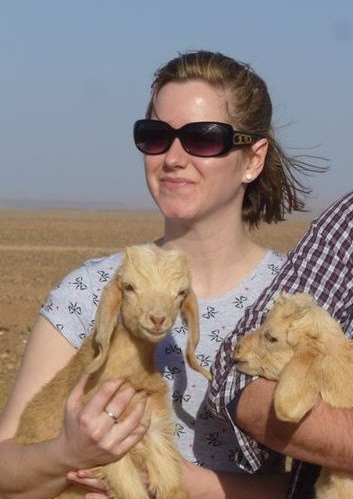
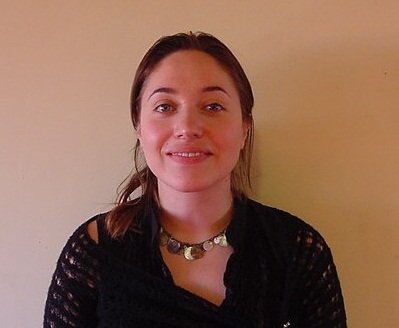
By Alex and Eva
Following yesterday’s Blog post on the Faculty of Science and Technology’s success, we would like to focus today on The Media’s success with AHRC. Over the last few years The Media School have a 44% success rate from 25 projects submitted with 11 funded.
So how can we replicate The Media School success?
Once again, Eva and I got on the bus to Talbot Campus and interviewed successful AHRC grant holder Dr. Bronwen Thomas to find out more…
What was your project about?
We have had two projects funded by the AHRC, the first was a research development award, and the current project supports a research network. Both look at the impact of digitisation on readers and reading.
How is it going?
It’s going well, the network is growing and our monthly blogs have helped to keep the discussion going between our scheduled meetings. We had a very successful public engagement event before Christmas, and we are currently planning a symposium to be held here at BU in June.
What do you want to achieve?
The main outcome for our project would be that the network remains active after the period of funding and that it helps support collaborative projects, including publications, involving our members.
What gave you the edge, do you think?
The fact that our research area is of key strategic importance to the funder, and that we were able to respond speedily and effectively to the call.
In hindsight, what would you do differently, what advice would you give to others?
The funding calls we applied for were limited in terms of the amounts available. The downside of this is that the PI ends up doing quite a lot of admin and planning work, leaving less time for scholarly research. So anything that could be done to reduce this burden would be helpful.
Also any other comments/tips from your experience that is worth noting.
We have been successful responding to specific calls under the highlight themes. Under the current system, this may become more difficult, as typically there are only a couple of months between the announcement and the deadline, but there does appear to be ongoing funding for the highlighted themes, so they are well worth looking at. It is important to demonstrate that your research is collaborative, cross-disciplinary and with genuine rather than tokenistic public engagement. But it’s also about showing that you can manage projects, that you are likely to work well together as a team, and that the proposed research and outcomes are doable.
For other hints and tips you should check out Dr Anna Feigenbaum posts on International, Interdisciplinary, Innovative: the AHRC brings grant bidding advice to BU.
~Don’t miss tomorrow’s edition, when we find out more about studentship block grants.
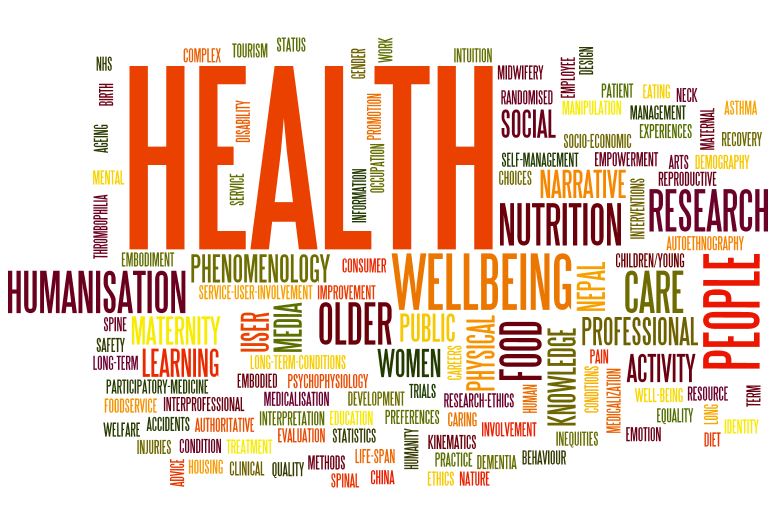 The members of the Health, Wellbeing & Society theme have responded enthusiastically to the call to provide the five keys word reflecting their research interests and expertise. The new Wordle above was created Feb. 13th from all of those key words. Apart from presenting a pretty picture of colourful words, the Wordle provides a quick overview of the kind of research conducted by BU staff and PhD students affiliated with the theme.
The members of the Health, Wellbeing & Society theme have responded enthusiastically to the call to provide the five keys word reflecting their research interests and expertise. The new Wordle above was created Feb. 13th from all of those key words. Apart from presenting a pretty picture of colourful words, the Wordle provides a quick overview of the kind of research conducted by BU staff and PhD students affiliated with the theme.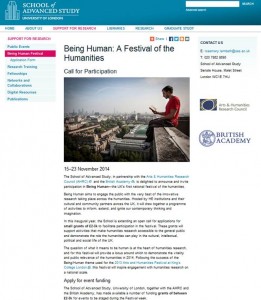



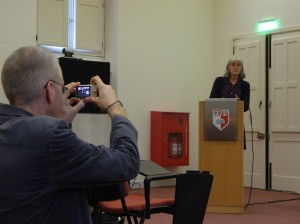
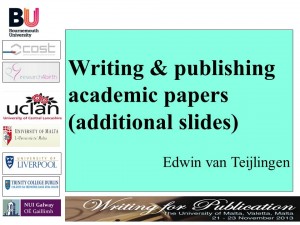


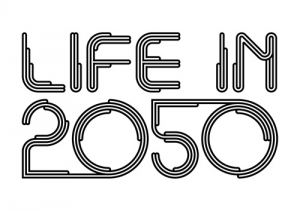







 Watch this excellent short video from BU’s Dr Darren Lilleker on how members of Parliament can use technology to connect with people, particularly in relation to EU dialogues in politics.
Watch this excellent short video from BU’s Dr Darren Lilleker on how members of Parliament can use technology to connect with people, particularly in relation to EU dialogues in politics.










 Dr. Ashraf cited on ‘Modest Fashion’ in The Guardian
Dr. Ashraf cited on ‘Modest Fashion’ in The Guardian NIHR-funded research launches website
NIHR-funded research launches website Academics write for newspaper in Nepal
Academics write for newspaper in Nepal New paper published on disability in women & girls
New paper published on disability in women & girls Global Consortium for Public Health Research 2025
Global Consortium for Public Health Research 2025 MSCA Postdoctoral Fellowships 2025 Call
MSCA Postdoctoral Fellowships 2025 Call ERC Advanced Grant 2025 Webinar
ERC Advanced Grant 2025 Webinar Horizon Europe Work Programme 2025 Published
Horizon Europe Work Programme 2025 Published Horizon Europe 2025 Work Programme pre-Published
Horizon Europe 2025 Work Programme pre-Published Update on UKRO services
Update on UKRO services European research project exploring use of ‘virtual twins’ to better manage metabolic associated fatty liver disease
European research project exploring use of ‘virtual twins’ to better manage metabolic associated fatty liver disease